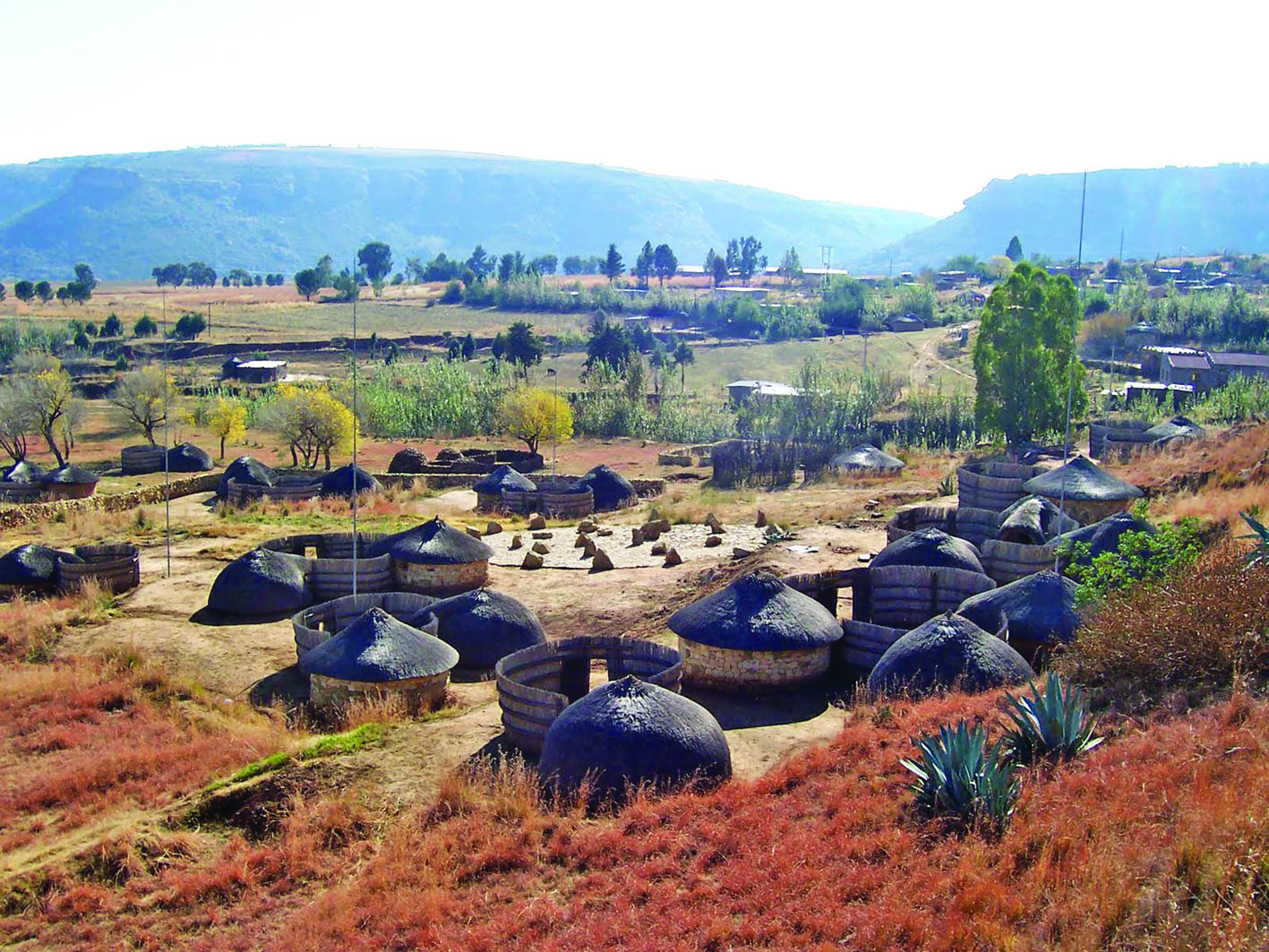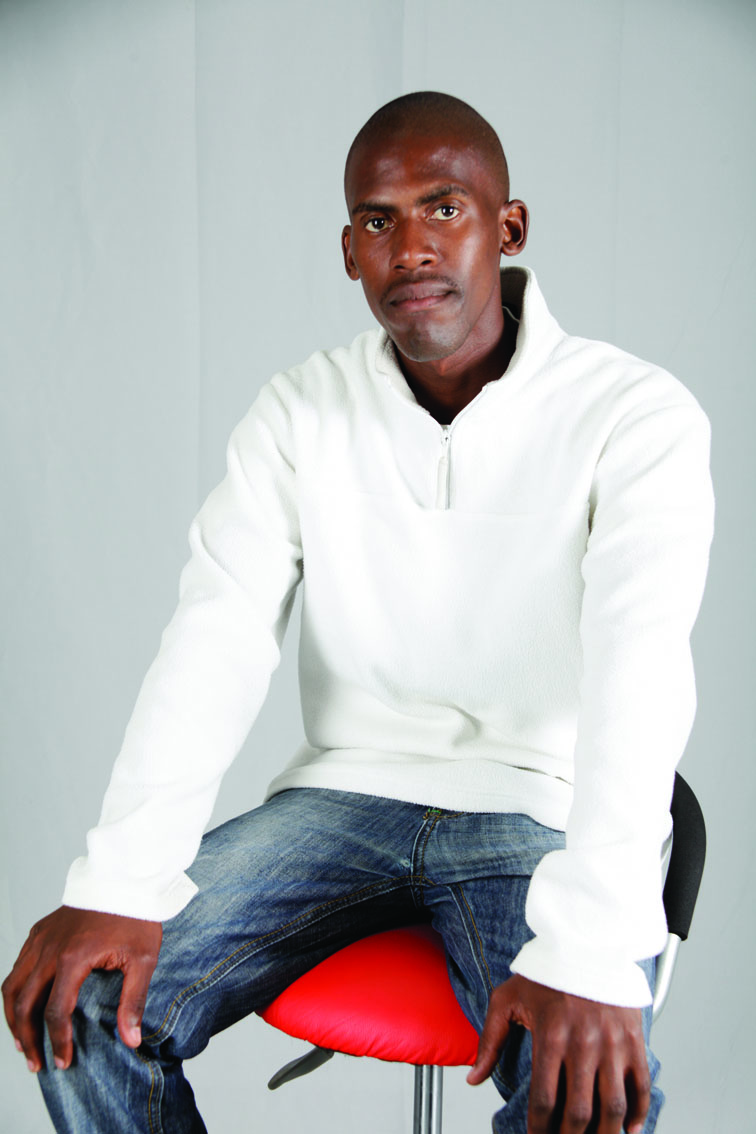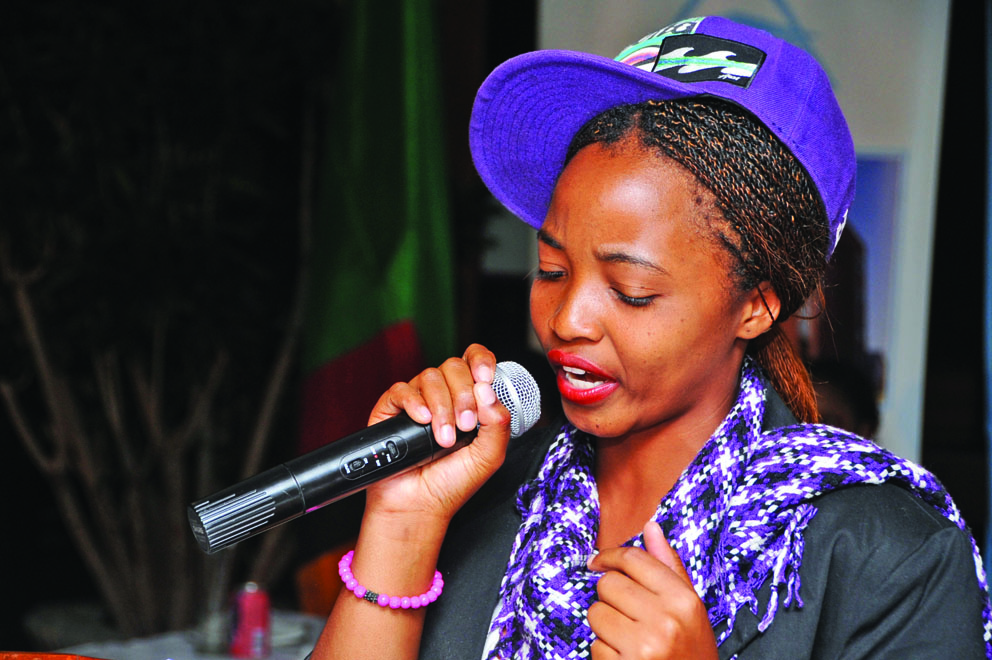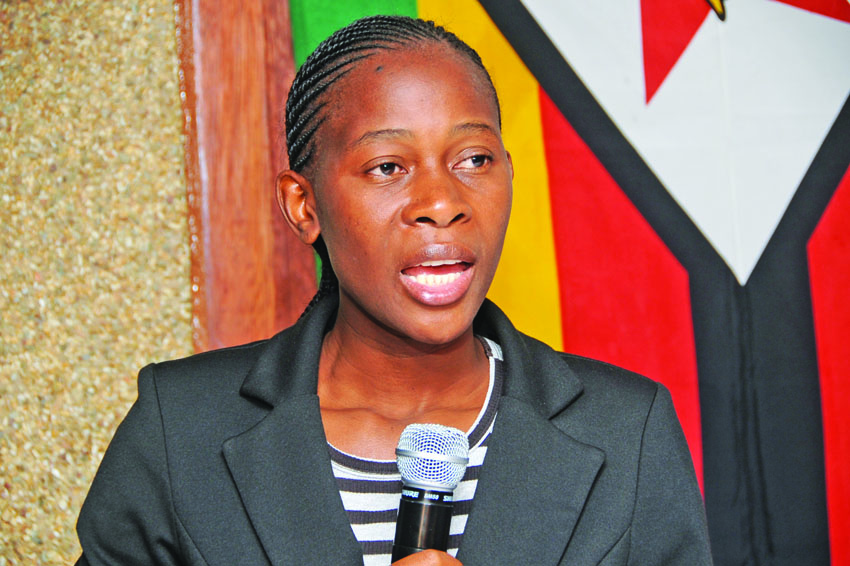Mountain kingdom boy finds Botswana irresistable
Source : Kutlwano
Author : Keonee Kealeboga
Location : Gaborone
Event : Interview
When his family refused to let him go, Lehlohonolo Tshabalala knew he had to move mountains to convince them that what he wanted to do was necessary. He had a dream he so much wanted to realise. Therefore, he had to do something to allay their fears and assure them that all would be well in the end.
However, the prospect of their son staying in another country was something they simply could not fathom. They believed it was a matter of such considerable weight that it needed serious judgment, and that their little boy should tread carefully as he contemplated moving to a foreign land. Surely Lehlohonolo did not have to leave Lesotho to follow his dream, they reasoned. To them the host country he had chosen, Botswana, was just too far away from home. “At first my family was not supportive of my move. They worried much about a lot of things such as who would look after me in the event I fell sick. I really had to convince them that all would be well and even assure them that I would frequently visit them,” Lehlohonolo says in an interview with Kutlwano.
Eventually though, through much persuasion and explaining by Lehlohonolo, his family gave in. After all Batswana and Basotho are cousins and share similar culture and language. This gave the family a great deal of comfort. So the dream that Lehlohonolo had after seeing a Botswana Innovation Hub advert on television in 2010 would finally be fulfilled. In the advert, Botswana was inviting prospective individuals from the SADC region to study in the country. “It was this advert I saw on TV Lesotho that really stirred something in me. This was basically the beginning of it all, and like they say, the rest was history,” he recalls. Lehlohonolo did not waste time. He got in touch with education officials in Botswana to find out about the advertised opportunity. What motivated him more was the fact that a course closer to his heart was being offered, he says. “I am passionate about studying accounting and finance,[and] I am deeply concerned about the fact that there are very few people with accounting qualifications in Lesotho,” he says. Surely with a finance and accounting degree he would be able to influence the money situation back home for the better, he reasons. With his family having finally released him, the 21-year old chose to study at ABM University College. The Lesotho boy finds Botswana pretty much like home. He finds the people here very hospitable. The bonus is the fact that he can communicate with the fellows here in his own language, as Sesotho and Setswana are mutually intelligible. And no, he has not had any issues with culture.
The only little complaint he has is against Botswana’s simmering summer temperatures, which is understandable, considering temperatures in his mountainous Lesotho are fairly cool. However, the young man cherishes his Botswana experience more than anything else, and wants his stay here to be worth every minute. So far, he has been to Mochudi, Palapye and Mahalapye, visiting friends he goes to school with. It was during these visits that he came to taste some great Setswana cuisine. And you guessed right: he is in love with Botswana’s tastiest meat dish – seswaa or pounded meat. Seswa, as he pronounces it without the inflection of the “a” is such a great delicacy that he would hug you for waking him up at midnight and giving it to him. An easy dish to prepare, he made a point of impressing his family back home with it during one of his monthly visits. “They loved it,” he says. And by now they must really realise their son’s sojourn will bring them back more than a finance and accountant professional. The seswaa offered his family a taste of Botswana – a little different from their favourite horsemeat. A smile dances on his face as he declares, “It is true that re ja pere or horsemeat. However, you must note that we never eat it fresh, re e etsa sehwapa,” he explains.
The other differences Lehlohonolo has noticed in his visits to the countryside include the behavior patterns as well as the dress code. He reckons that people in villages behave and dress somewhat differently from those in Gaborone. On education expenses, the Lesotho lad wishes other countries in the region would emulate Botswana and finance their citizens’ tertiary education. “Botswana is doing a really great job in this area. If all the countries in the SADC region would do the same, this would go a long way in ensuring that no one misses out on the opportunity to pursue tertiary education on account of them not having the means to pay for their education,” he says. According to him, there are six Basotho students at ABM University College doing Accounting and Finance, Tourism and Hospitality, Marketing, as well as Business Management. There are, however, other nationals studying at ABM. These include those from Lesotho, Namibia, Zambia and Zimbabwe. ABM became the first privately owned tertiary institution to accept foreign students. This was after the Botswana education Hub called on local tertiary institutions in 2010.
Already Batswana have a friend in Lehlohonolo and the other nationals who you could vouch have found Batswana as hospitable. With ABM planning to extend its ropes beyond the SADC region, and other institutions likely to join the race Batswana should get prepared to welcome these sons and daughters of Africa and the world and create everlasting goodwill towards Batswana, many years after these young men an women would have finished school. Batswana can almost be certain that some of them would become heads of state of their nations – and with the botho that they would have inculcated in them, they can be sure to have a far better world.
Just like Lehlohonolo, Katongo Kalikeka from Zambia, is all praises for Batswana. She has in particular found Batswana to be friendly, outgoing and accommodating. Every single day, Katongo learns something new from the many cultures that exist side by side in her new community. And for her, a sense of respect and tolerance for each other’s cultures can only add to the existing beauty of this community. ABM executive director, Daisy Molefhi is elated that “for the first time, we have students from four or five nationalities. It is our view that education must be globalised”. Opening doors to international students will help foster regional integration, says representative of the Zimbabwean embassy in Botswana, Precious Kaocha. The move is part of a SADC protocol that member states should promote free movement of tertiary education students. “Institutions should enroll at least five per cent of foreign students, and the initiatives say such students should be treated just like locals in terms of fees,” says Botswana Education Hub acting coordinator, Mogotsa Kewagamang. Meanwhile, Education Hub director, Labane Mokgosi, says 908 foreign students study in Botswana’s tertiary education institutions with more than half at the University of Botswana. ENDS
Teaser:
“I am passionate about studying accounting and finance, and I am deeply concerned about the fact that there are very few people with accounting qualifications in Lesotho”
















